我要對著教條微笑,但是誓死反對它
‧六○年代夏天,希臘小島海德拉。
年輕的李歐納‧科恩在這裡就著海風露天寫作,頭上是地中海的太陽,眼前是愛琴海的波光。小島生活樸素,酒與麵包,文字與愛情,一根煙渡過一個漫長的午后。在這個天光充盈的拜占庭,他完成了這部六○年代氣味濃烈,而又具體呈現人類存在處境的作品。
愛與性的渴求與失落,欲望與受苦,墮落與救贖。人類學家,他的妻子艾狄絲,以及好友F三個人,愛慾錯綜交纏。人類學家迷戀著四百年前的聖女凱特琳,思念著逝世的妻子和好友F。F的鬼魂藉著文字還魂,穿越時間與死亡,試圖傳遞秘而不宣的信息給他猶在人間的朋友……
這是一個愛的故事,然而愛的本質那麼奇特,說故事的人明明尋著了合拍的語言,聽在人們的耳裡卻全然地荒腔走板,宛如喪失儀式的宗教,亡佚旋律的歌曲,宛如訴說真理卻無人信服的先知。 李歐納‧科恩企圖以失敗者的姿態與心境,行過死蔭之地,渡過生與死,記憶與遺忘的大河,逾越政治、種族、性別、宗教的邊界。他是否抵達彼岸,無人得知。只聽說,他從深淵回來那天下午,天上滿是黑色的鸛鳥。
One of the best-known experimental novels of the 1960s, Beautiful Losers is Leonard Cohen's most defiant and uninhibited work. As imagined by Cohen, hell is an apartment in Montreal, where a bereaved and lust-tormented narrator reconstructs his relations with the dead. In that hell two men and a woman twine impossibly and betray one another again and again. Memory blurs into blasphemous sexual fantasy--and redemption takes the form of an Iroquois saint and virgin who has been dead for 300 years but still has the power to save even the most degraded of her suitors.
First published in 1966, Beautiful Losers demonstrates that its author is not only a superb songwriter but also a novelist of visionary power. Funny, harrowing, and fiercely moving, it is a classic erotic tragedy, incandescent in its prose and exhilarating for its risky union of sexuality and faith.



 天天爆殺
天天爆殺  今日66折
今日66折 
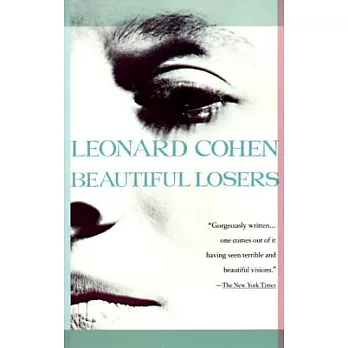

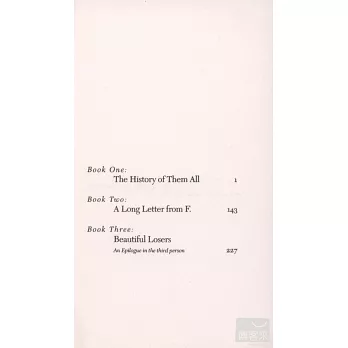

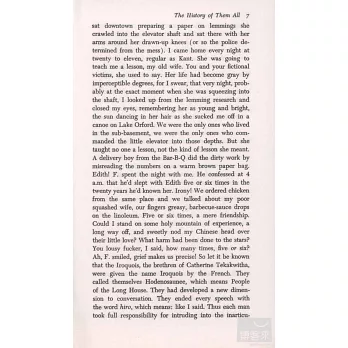
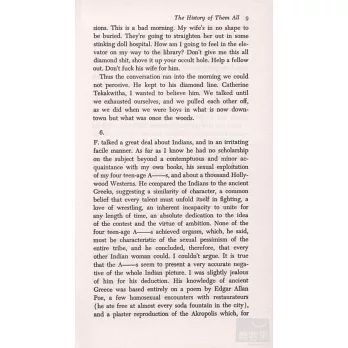

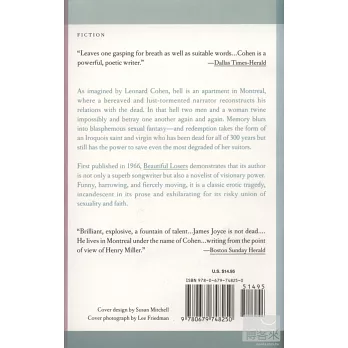




























 博客來
博客來 博客來
博客來 博客來
博客來 博客來
博客來 博客來
博客來